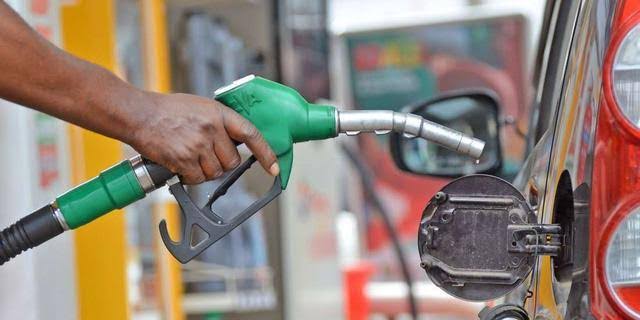
By Adeyemi Adekunle
The Petroleum Products Retail Outlet Owners Association of Nigeria (PETROAN) has condemned the relentless reduction of fuel prices, emphasizing that many marketers continue to grapple with significant financial losses. A situation that calls for urgent need for regulatory measures to ensure price stability in the sector, as the association calls for a mandatory six-month price adjustment period.
While speaking, PETROAN’s Publicity Secretary, Joseph Obele, said numerous marketers are affected by the aggressive pricing strategies in the market. “The sudden downward reviews of prices have resulted in massive losses, with several stakeholders counting their losses in billions of naira,” Obele stated. This precarious situation, he noted, fosters an environment of uncertainty that could deter future investments in the petroleum sector.
The recent price cut by Dangote Refinery, which saw the price of Premium Motor Spirit (petrol) drop significantly, prompted the Nigerian National Petroleum Company Limited (NNPC) to follow suit. Such drastic changes, while seemingly beneficial for consumers in the short term, have raised alarm bells within the industry.
The association argues that the unpredictable nature of fuel pricing does not only affect marketers but has a cascading impact on the entire economy—affecting transportation costs, food prices, and ultimately, the cost of living.
The association is proposing collaborative efforts among stakeholders, including government agencies and regulatory bodies, to institute mechanisms that ensure price stability. “We need transparent pricing models and effective regulations to promote healthy competition in the downstream sector,” Obele stressed. PETROAN’s vision includes the establishment of strategic reserves that could be tapped into during economic crises to avert major disruptions in supply and pricing.
As importers in Lagos have been forced to adjust their prices, selling petrol below cost in a bid to compete, the situation has grown increasingly dire. This scenario highlights the dire need for a multi-faceted approach to bolster competitiveness while preventing monopolies in the sector. Obele emphasized that a diverse range of supply sources—including local refineries, modular facilities, and imports—is essential to create a balanced market landscape.
In a further call to action, PETROAN applauded the efforts of the Nigerian Midstream and Downstream Petroleum Regulatory Authority and the Federal Competition and Consumer Protection Commission. However, the association urged these entities to remain vigilant against unfair competition practices that could undermine their objectives.
“The downstream sector is pivotal to our national economy, and protecting it requires robust policies that promote fair competition,” Obele concluded. With the looming threats of job losses and economic instability, stakeholders in Nigeria’s oil industry are left grappling with a fundamental question: can a collaborative approach pave the way for a more stable and equitable fuel market? The answer could reshape the future of Nigeria’s energy landscape.



